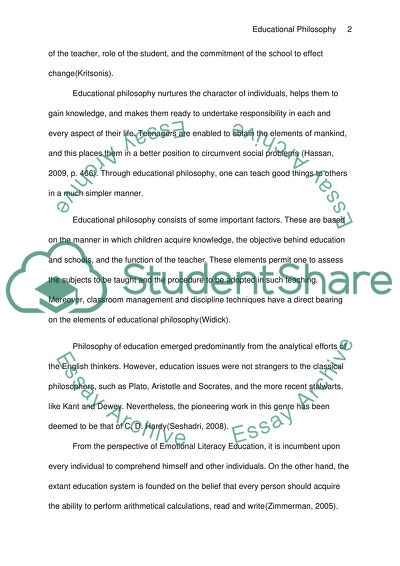Cite this document
(“Can one teach people to be good Essay Example | Topics and Well Written Essays - 2000 words”, n.d.)
Retrieved from https://studentshare.org/environmental-studies/1414443-can-one-teach-people-to-be-good
Retrieved from https://studentshare.org/environmental-studies/1414443-can-one-teach-people-to-be-good
(Can One Teach People to Be Good Essay Example | Topics and Well Written Essays - 2000 Words)
https://studentshare.org/environmental-studies/1414443-can-one-teach-people-to-be-good.
https://studentshare.org/environmental-studies/1414443-can-one-teach-people-to-be-good.
“Can One Teach People to Be Good Essay Example | Topics and Well Written Essays - 2000 Words”, n.d. https://studentshare.org/environmental-studies/1414443-can-one-teach-people-to-be-good.


